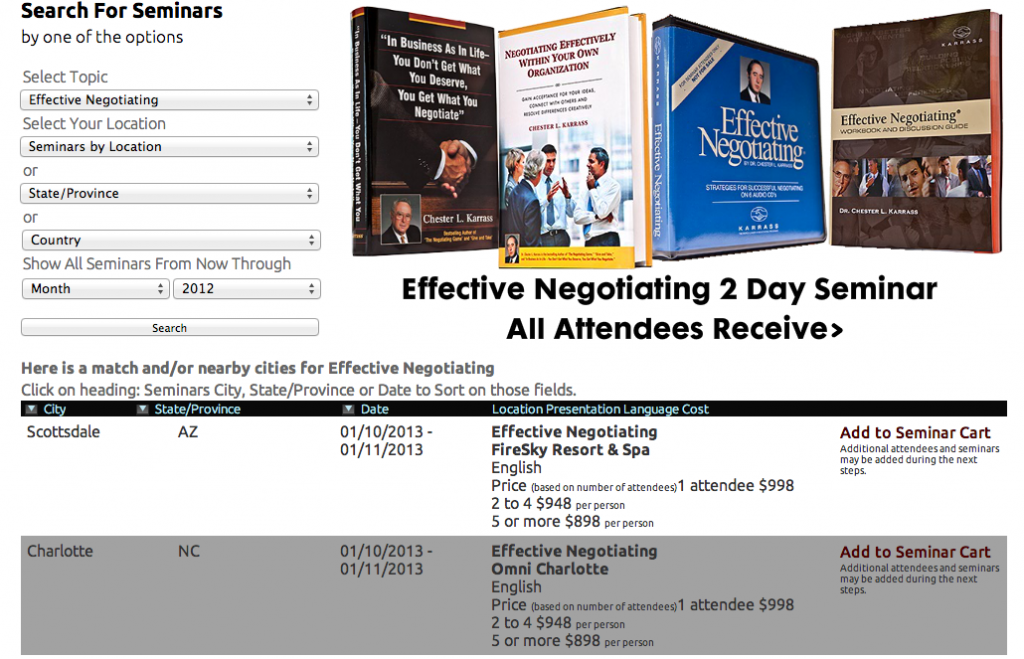- If your tires are underinflated, it can cost you 1 mile per gallon for every pound per square inch.
- Slow down. Driving under the speed limit can save you 5 miles a gallon (and get you where you’re going later than you’d otherwise get there, but whatevs.)
- An extra 100 pounds in your vehicle can reduce your miles per gallon by up to 2%.
And our favorite, from the taxpayer-funded functionaries at the Department of Transportation, presented here verbatim:
- Aggressive driving (speeding, rapid acceleration and braking) wastes gas. It can lower your gas mileage by 33%
(The obvious solution? NEVER BRAKE.)
People love to repeat this nonsense as Holy Scripture, because it comes with the veneer of respectability. And why would the government lie to us? Governments always tell the truth, don’t they?
You don’t lose 60% of your body heat through your head, you don’t need to (and almost certainly shouldn’t) drink 8 glasses of water a day, you don’t need to chew each mouthful of food 100 times before swallowing, and being fanatical about gradual acceleration and gentle braking doesn’t make a difference to your gas mileage. (And the last one can kill you if you apply it uniformly without regard to the situation.)
There are hundreds of online threads in which drivers try to get to the bottom of this confounding problem, without ever reaching a conclusion. Instead, there’s a lot of talk about trivial variables and a stunning ignorance of how to gather data. To wit:
I usually hit 100-120 miles by the time it hits F (filling puts it past full)
250ish by the quarter mark
350ish by the half mark
475-500 on a tank.those are summer numbers but you get the idea. we all deal with that.
…the last few days (minus monday) have been pretty warm so I have been seeing close to summertime numbers for fuel economy.
Hey genius: instead of looking at the analog marks on your gas gauge and estimating from there, how about keeping a log?
Not sure if you noticed this, but the pump measures fuel dispensed in thousandths of gallons. Your odometer measures tenths of miles. Divide the latter into the former, and you’ll have a reading accurate to one decimal place. Most of us, even the public school students, learn division by the 4th grade.
For the last month, your humble bloggers inadvertently conducted a fuel economy experiment. We drove the same vehicle, on essentially the same route, with the same cargo, and the same octane level of gasoline, through multiple fill-ups. We record our fuel economy on every tank as it is, and here are our miles per gallon readings in chronological order (taken to 2 decimal places, in our iconoclastic fashion):
29.87
21.42
20.55
25.02
22.34
You want to improve your fuel economy? Our experimentation indicates that there isn’t a thing you can do. (With one exception, which we’ll get to in a second.) We keep track of this stuff largely to look for any egregious movement: a 14 mpg tank would mean something is glaringly wrong. Smaller fluctuations don’t appear to be subject to any kind of improvement – again, with one exception.
It would appear that fueling up on a Tuesday can cost you 2.68 miles per gallon over doing so on a Wednesday, if you’re the kind of person who believes in fairies and tommyknockers.
Right now, some gullible and pedantic idiot is reading this and wondering, “Well, did they control for time of day? The tanks are full of condensation first thing in the morning, etc.” We didn’t control for the speed of the cars in front of us, either (which often dictates our own speed), nor did we control for battery cold-cranking amp capacity (which fluctuates). Sometimes we filled up with the car facing north, other times with it facing south, so yeah, that could change everything.
The only way to control for every single variable would be to take multiple models of the exact same vehicle, right off the assembly line, airlift them to the Bonneville Salt Flats, and drive one a day at the same time every morning until we had enough data points to plot.
Our conclusion: people love to mire themselves in easily understandable minutiae instead of looking at grand, tangible ways to improve their lot. There are several compelling reasons to keep your tires properly inflated anyway. Also, very few of us enjoy slamming on the brakes (and compromising the pads) for the sheer fun of it. The standard fuel-economy improvement advice is tired, ineffectual, pointless, and pays microscopic benefits if any. Aside from that, it’s very helpful.
Here’s what you can do, and it’s the only thing we’ve found that pays benefits of more than a few inches per gallon. You ready?
Don’t let the tank get too low. The numbers above positively correlate perfectly to the size of the fill-up. The 29.9-mpg fill-up was on around 3/8 of a tank, the 20.6-mpg fill-up when running on our last few molecules.
So why is this? Who cares? The most convincing argument we’ve heard so far is that the gas you fill up with displaces the vapor that fills the evaporation system. This goes into the intake. The more gas you have in the tank, the more powerfully the vapor is passed through the evaporation system, thus improving your gas mileage.
Some people argue that no, driving as long as possible on one tank is better because it means you’re spending more time driving a lighter car (i.e., one with less fuel in it.) These people can hypothesize all they want, but the data says they’re full of it.
Test your battery. Don’t strap pianos to your roof unless you’re delivering them somewhere. Stay out of 1st gear on level roads. But most importantly, fuel up as often as is conveniently possible.






